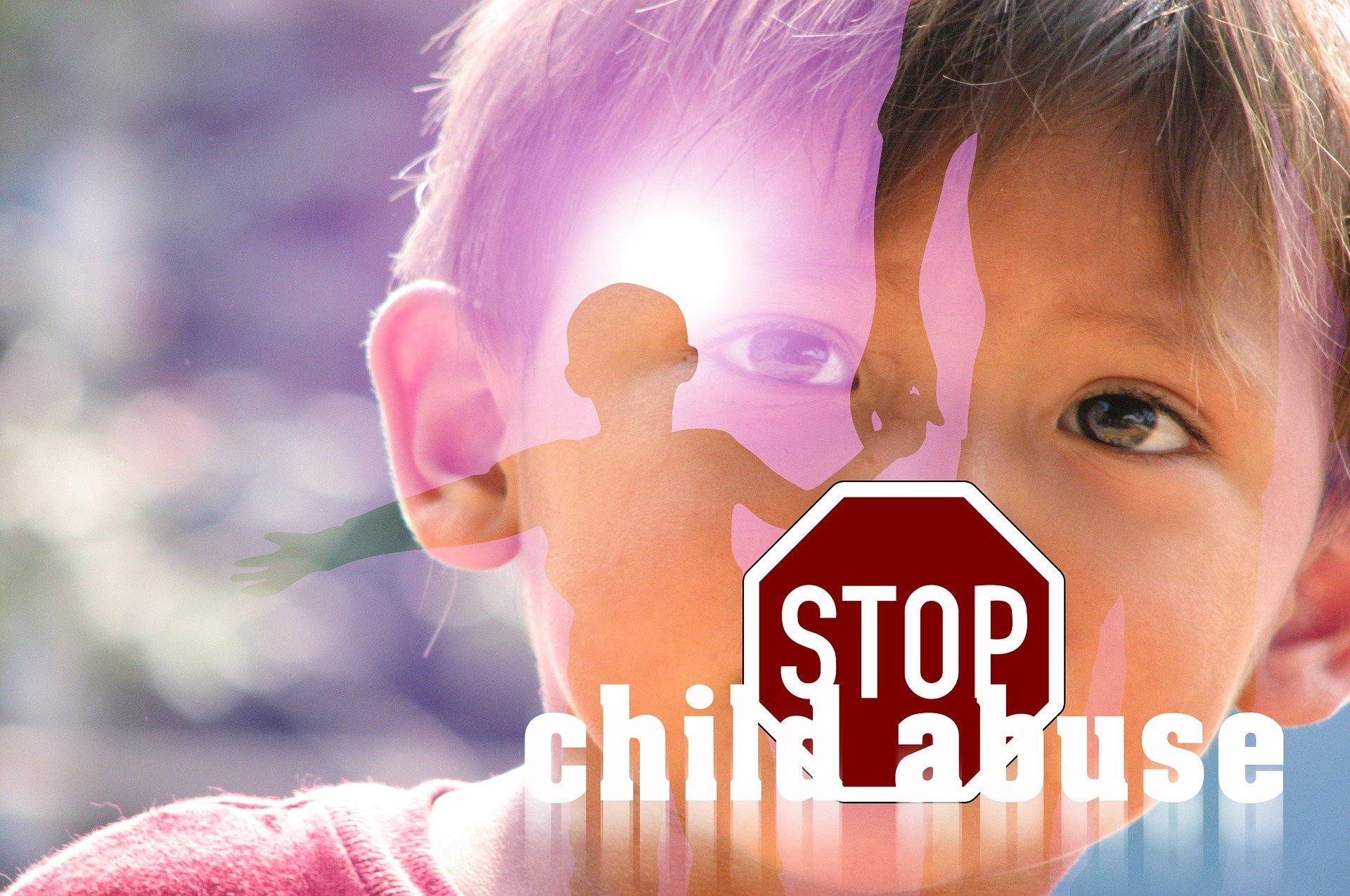How can we protect children from sexual abuse and sexual exploitation?

Jason Brien
Adults are expected to be the guardians of children. Adults are believed to be infused with intelligence, emotions, rational, etc, which is necessary for the nurturance and protection of both the younger and the much older. This is not always the case though and some adults prefer to exploit and sexually abuse children rather than protect them. It can be hard to understand why an adult becomes sexually aroused by children or why an adult would want to have sex with a child. We often find it hard to understand how adult perpetrators even get close enough to a child to exploit and abuse them.
The problem is, children have also been taught that adults are their protectors. They have also been taught that they should trust adults. Unquestionably. Sure, children are taught about ‘strangers’ but often the untrusted adults (offenders) exist within the family. The ability for an adult to get close enough to a child in order to sexually abuse them demonstrates the power adults have over children. Adults are forcing a child to play a game they are not cognitively or emotionally equipped to play. Its like a professional boxer fighting an amateur boxer. The professional boxer has so much more knowledge and expertise than their opponent that they literally run rings around them.
A ‘good’ offender will have the child thinking that they are playing the game ‘exceptionally well’. The ‘good’ offender will have the child thinking that they are in control. That they are seducing the adult and not the other way around. The offender may lead the child to mistakenly believe that the abuse and sexual exploitation is okay or normal. It can be hard for the child to dispute this when they see that the other adults around them are seemingly complicit when in fact, they are blatantly unaware (in most cases). How do offenders know which children to target? How do they seem to know which children are the most vulnerable to their predatory advances?
A ‘good’ offender will have the child thinking that they are playing the game ‘exceptionally well’. The ‘good’ offender will have the child thinking that they are in control. That they are seducing the adult and not the other way around. The offender may lead the child to mistakenly believe that the abuse and sexual exploitation is okay or normal. It can be hard for the child to dispute this when they see that the other adults around them are seemingly complicit when in fact, they are blatantly unaware (in most cases). How do offenders know which children to target? How do they seem to know which children are the most vulnerable to their predatory advances?
Preying on children’s vulnerabilities is called grooming. Children are not responsible for giving in to their vulnerabilities. Adults are responsible for protecting the children’s vulnerabilities. Grooming follows a four-stage process from victim selection (just discussed), to gaining access to the child (sports coaches, scout leaders, dating mother/father of selected child), to emotional recruitment (building trust, rapport, emotional blackmail, inducing shame and guilt for not keeping ‘secrets’) and finally actual perpetration/sexual contact. Once the offender has passed the first three stages into the actual offending stage, they will start off with small ‘innocent’ touching to test the child’s boundaries.
Preying on children’s vulnerabilities is called grooming. Children are not responsible for giving in to their vulnerabilities. Adults are responsible for protecting the children’s vulnerabilities. Grooming follows a four-stage process from victim selection (just discussed), to gaining access to the child (sports coaches, scout leaders, dating mother/father of selected child), to emotional recruitment (building trust, rapport, emotional blackmail, inducing shame and guilt for not keeping ‘secrets’) and finally actual perpetration/sexual contact. Once the offender has passed the first three stages into the actual offending stage, they will start off with small ‘innocent’ touching to test the child’s boundaries.
To remove suspicion, sometimes offenders disguise themselves so as not to draw attention to themselves and trigger any red flags. For example, an adult celebrity showering a child with gifts and money can be passed off as “he/she is just generous because they are wealthy”. Likewise, an offender may disguise themselves as a children’s photography or artist/painter so taking photos of children in this context is ‘normal’. School teachers, priests, sports coaches, mentors, favourite uncles/aunties, etc can get away with spending excessive time with a child without raising suspicion.
These days, children can be groomed and exploited online. Virtual exploitation is becoming increasingly common. An offender can groom and exploit a vulnerable child from the othersider of the world and potentially never get caught or arrested for their crimes. It is not enough to say “I monitor my child’s online activity”. It can take less than 5 minutes for a child to be exploited. One simple request from an age appropriate ‘peer’ for a nude photo can lead to aggressively more inappropriate photos and demands for real world meet-ups.
Children need to be encouraged and educated from a young age to speak up about their unpleasant experiences with adults. Children need to be encouraged and educated about how they can protect themselves from strangers and non-strangers. Adults need to pay more attention to what is happening in children’s lives. Adults need to be encouraged to become educated in sexual exploitation and the signs and symptoms of exploitation in children. Families need to encourage open and honest dialogue between its members.
References
https://link.springer.com/chapter/10.1007/978-3-319-13734-6_30
https://books.google.com.au/books?hl=en&lr=&id=MruKQz2ZdKMC&oi=fnd&pg=PR9&dq=child+grooming&ots=NtEex6wQr_&sig=xgpy3QAEMpW95IyeQ3j4n8INttQ#v=onepage&q=child%20grooming&f=false